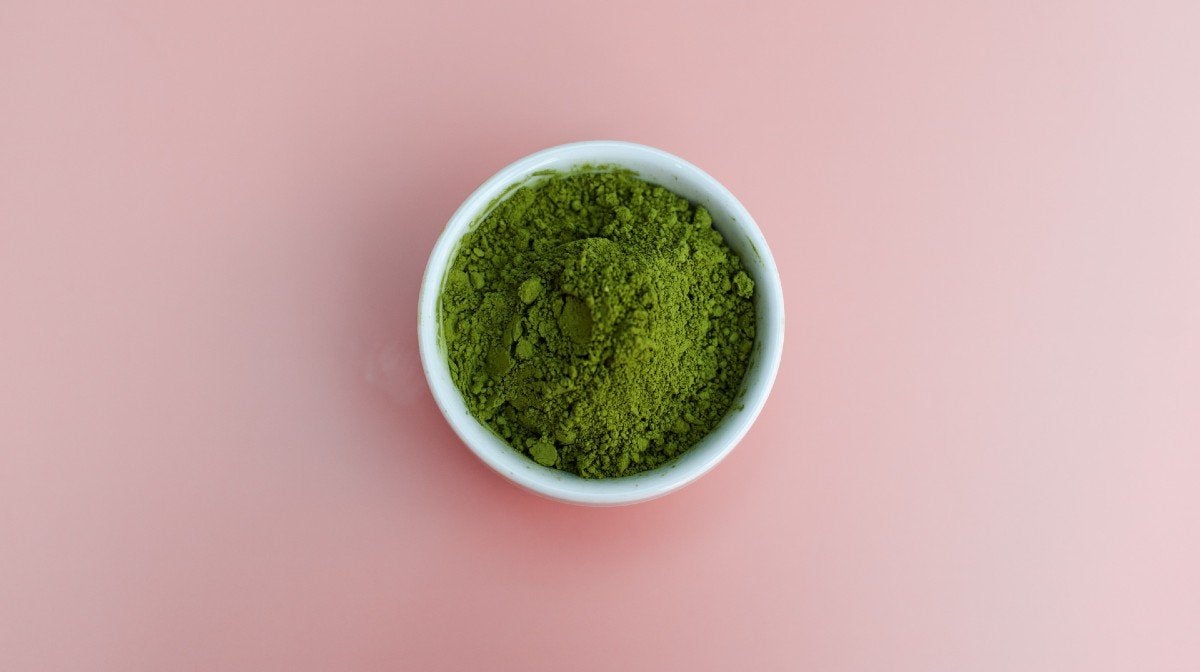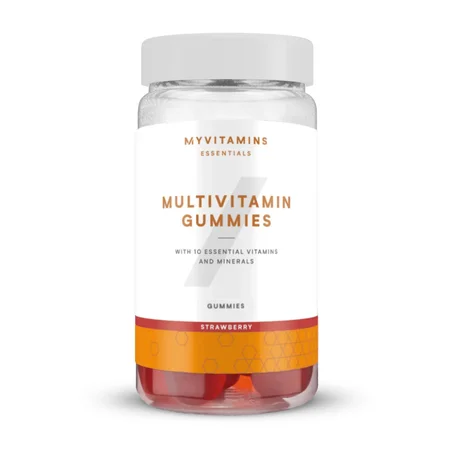7 Health Benefits Of Green Tea

While you might know that it’s a healthy choice, do you really know all of its potential health benefits? This article presents some of the best

What is Green Tea?
Most tea consumed throughout the world comes from the same plant,
Health Benefits of Green Tea
Green tea naturally contains catechins - a specific type of flavonoid (from polyphenols), or plant-based nutrient, that holds powerful antioxidants. Catechins make up most of the solid part of the green tea leaf and are the driving force behind many of the health benefits associated with green tea.
Green tea contains four main catechins, with the most prominent being EGCG.
1. Green tea shows strong antioxidant activity
The EGCG in green tea has been shown to play a major role in reducing cell damage and growth of potentially harmful cells that may occur from oxidation or other types of cell damage.
While this area is still being investigated, you can think of antioxidants like preventive medicine to help protect your body from damage related to disease or aging.
2. Green tea may prevent heart disease
Long-term studies of large groups in Japan showed lower risk of cardiovascular disease in people who drank more green tea each day versus those who did not.
While the amounts of tea consumed in several studies related to heart disease varied, the overall trend is better cardiovascular health in people who regularly drink green tea.
3. Green tea may improve blood flow
Researchers think that green tea may improve blood flow, and in turn, prevent many heart-related diseases.
4. Green tea may help reduce body fat
In another study that focused on heart health, it was found that green tea extract helped participants reduce their body fat by about 10%.
A 10% reduction in body fat, especially in those who are overweight or obese, can have a significant impact on reducing risk of chronic illnesses.
5. Green tea may help with weight loss
6. Green tea could help reduce inflammation
While cardiovascular disease is often associated with inflammation, there are many other conditions like joint pain and skin conditions that are impacted by inflammation.
7. Green tea shows antimicrobial properties
Green tea has been shown to help fight bacteria and potentially prevent infection.
Types of Green Tea
Green tea comes in many forms! Here are some ideas of ways to get green tea in your diet regularly:
Ready to drink bottles
Loose leaf tea
Bagged tea
Instant powder
Matcha
Don’t love drinking tea or not a fan of the flavour? You can try green tea supplements and get all of the benefits of green tea without drinking multiple cups each day. Our Green Tea Extract Plus capsules are convenient and packed with powerful green tea.
Take Home Message
While people have thought for hundreds of years that green tea benefits us greatly, there is now the scientific evidence to back it up.
READ THESE NEXT:

Claire is a Registered Dietitian through the Academy of Nutrition and Dietetics and a board-certified Health and Wellness Coach through the International Consortium for Health and Wellness Coaching. She has a Bachelor of Science in Biology and a Master’s degree in Clinical Dietetics and Nutrition from the University of Pittsburgh.
Talking and writing about food and fitness is at the heart of Claire’s ethos as she loves to use her experience to help others meet their health and wellness goals.
Claire is also a certified indoor cycling instructor and loves the mental and physical boost she gets from regular runs and yoga classes. When she’s not keeping fit herself, she’s cheering on her hometown’s sports teams in Pittsburgh, or cooking for her family in the kitchen.
Find out more about Claire’s experience here.






